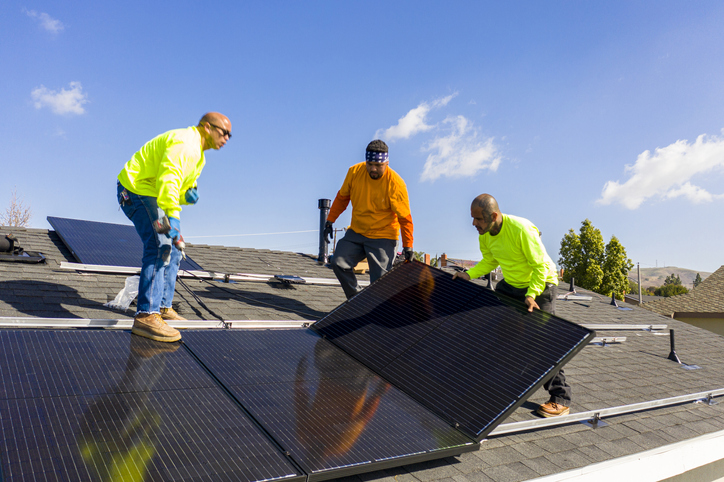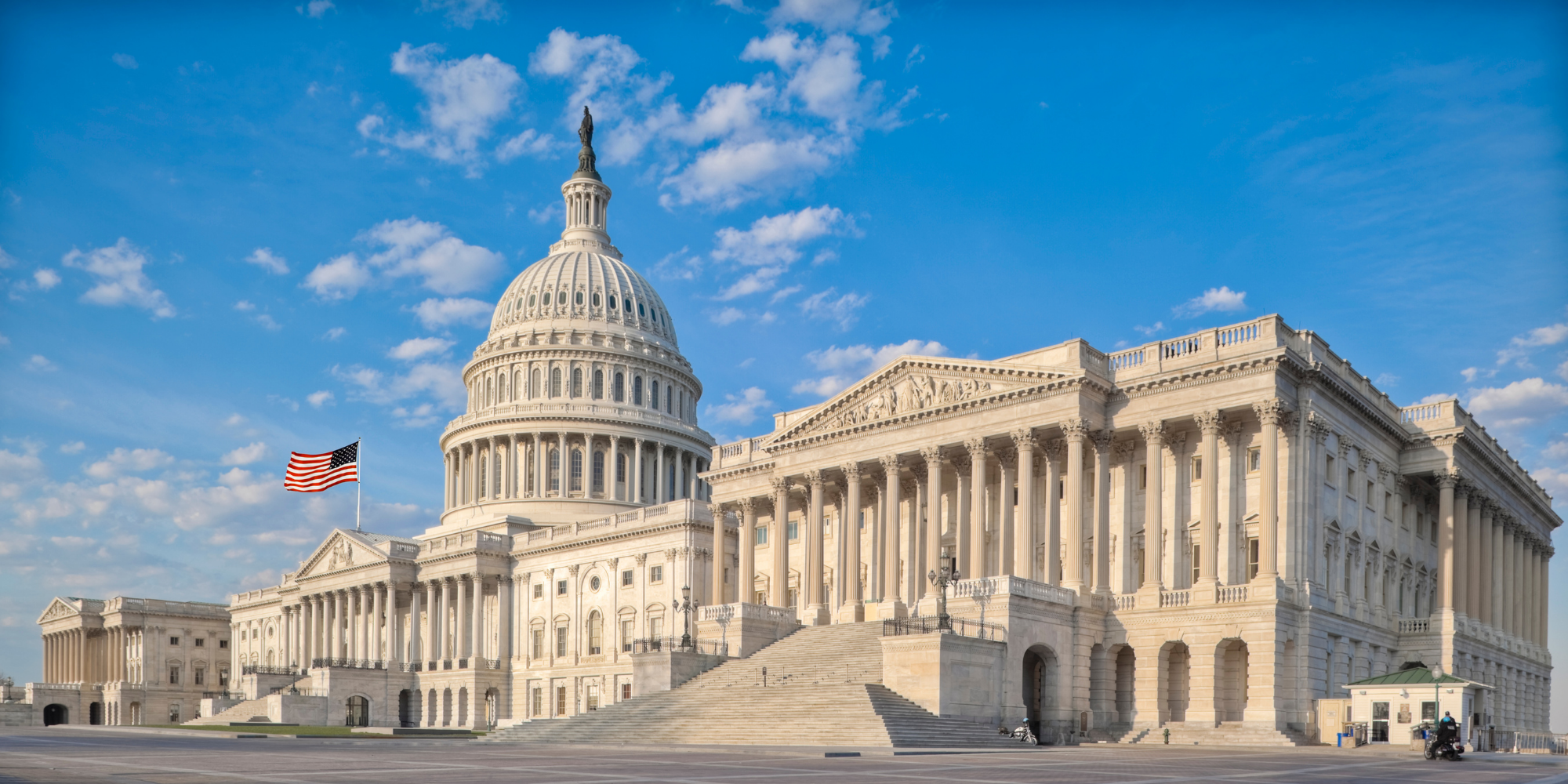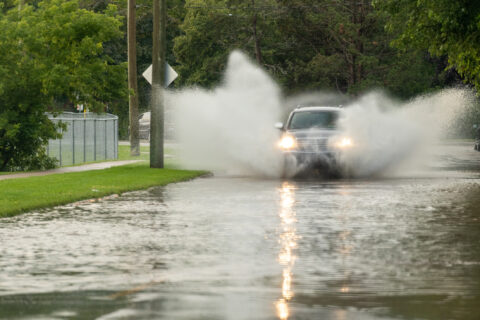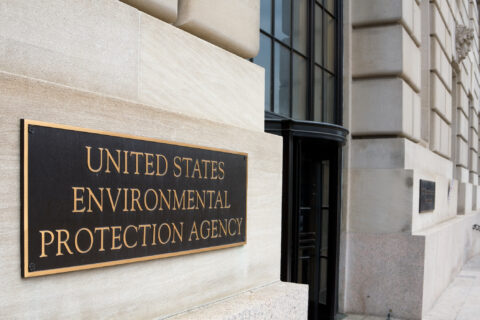Budget reconciliation is a process used by Congress to make legislation easier to pass in the Senate. This is a political vehicle that only requires a simple majority, rather than 60 votes, to pass in the Senate. Politics aside, the current reconciliation bill under consideration includes a number of priorities that local governments have been calling on Congress to address for years, such as workforce development and affordable housing. While the bill is politically tied to the Infrastructure Investment and Jobs Act (IIJA), which passed the Senate in August, NLC continues to support both packages. The investments, opportunities and economic growth that these two bills would provide to cities, towns and villages are critical to the continued recovery from the coronavirus pandemic. NLC’s City Fiscal Conditions 2021 analysis shows that the 2020 recession wiped out all city revenue gains, resulting in a decline for the year. Communities across America need sustained investment by Congress across critical programs to support continued economic recovery from the pandemic.
Last month, House committees allocated funding to programs within their jurisdiction under the reconciliation process, and the House Budget Committee combined and passed the bills. Here is a breakdown of the programs and funding levels currently in the reconciliation bill.
The bill has not come up for a vote yet because House and Senate leaders and President Biden are still negotiating the topline funding level and key provisions to be included. As the price tag will inevitably come down on the bill, it is unclear if there will be across the board cuts to programs or if some programs will be eliminated entirely. Last month, NLC sent a letter to Congressional leaders outlining priorities included in the House reconciliation bill that we hope to retain in a final package. Here are four key priority and program areas for cities, towns and villages.
Workforce Development
For over half a decade, NLC has called on Congress for a comprehensive investment in our nation’s physical infrastructure – the roads, bridges, water systems and broadband networks that connect us – and the human infrastructure that will build and maintain this infrastructure. While the bipartisan infrastructure bill, which would create or save 15 million over the next 10 years, provides historic investment in our nation’s physical infrastructure, it falls dramatically short in its investments in workers. Based on analysis from NLC’s latest report, Hard-to-Fill Infrastructure Jobs: A Challenge to Building our Future, we know that if we do nothing to improve labor market outcomes for infrastructure-related jobs, we can anticipate that as a nation we will struggle to fill at least 4.5 million jobs.
The House reconciliation bill calls for $80 billion in workforce development programming, including investments in the public workforce system, apprenticeships and youth apprenticeships, community college partnerships and sector-based training. This at-scale investment is critical for a system that has been cut 40% over the last two decades. NLC has continued to advocate for this level of funding to ensure that the nation’s workforce development system can meet business demand and prepare workers to return to work in a post-COVID economy.
Current negotiations over topline numbers for the budget reconciliation bill will likely impact the funding levels for workforce development programs. To date, projected numbers by the Senate were already significantly lower than the House, to the tune of $15 billion for workforce programs. With a reduced overall budget number, workforce program funding risks are being cut even more. Congress will need to take a critical look at workforce funding levels outside of the budget process if this happens as it remains clear in communities across the country that these programs are critical to meeting workers’ historic need and businesses’ unprecedented demand.
Climate Change and Resilience
The bipartisan infrastructure bill includes a number of key policies and programs from President Biden’s Climate Action Plan, and the reconciliation bill builds on those programs with additional funding for electric vehicles and infrastructure, building efficiency and resilience, home energy efficiency and appliance electrification rebates, and low-income households and multifamily affordable housing solar facilities and community solar projects.

The bill also includes significant funding through multiple federal agencies for climate change R&D, data, forecasting, and adaptation and resilience activities, which are essential to helping local leaders understand their own unique risks and vulnerabilities to climate change and to develop and implement long-term mitigation, adaptation and resilience action plans.
The reconciliation bill also includes funding for programs to connect children to nature, promote parks and green infrastructure, and invest in climate and conservation jobs. With the Every Kid Outdoors program, which provides fourth graders and their families free access to national parks, and the Outdoor Recreation Legacy Partnership program, which helps communities create and improve parks and other outdoor recreation areas, particularly in disadvantaged or low-income communities, the bill helps advance equitable access to the outdoors for children and families. Additionally, through a new Civilian Climate Corps, the bill aims to help communities tackle the climate crisis by training and providing jobs for young people, veterans and others in clean energy, sustainable/resilient infrastructure, conservation, resource management and the outdoor recreation economy.
Finally, a critical component of President Biden’s plan to address climate change is through a Clean Energy Standard, which would set targets for the amount of clean energy electric companies must sell. This is still being negotiated among Congressional Leaders. Currently, the bill includes a clean electricity performance program that would incentivize electricity suppliers to provide increasing amounts of clean energy, but other strategies, like carbon pricing, are still on the negotiating table for the bill. NLC policy supports creating a national portfolio standard that increases the use of carbon-neutral energy and promotes energy efficiency, with the goal of 50 percent carbon-neutral energy by 2030 and 100 percent by 2050. NLC has long advocated for urgent action to reduce greenhouse gas emissions across a broad sector of the economy and become carbon neutral to mitigate the effects of climate change and hold warming to 1.5°C.
Housing
Housing stability is a core determinant for program outcomes across many sectors – better educational outcomes, lower healthcare expenditures, higher food security, stronger economic mobility, greater racial and gender equity, fewer encounters with the criminal legal system, reduced greenhouse gas emissions, and more. Conversely, housing instability is a primary obstacle to job security and employee retention.
The House reconciliation package devotes $327 billion to housing priorities. As a result of pressures to reduce the overall cost of the Build Back Better reconciliation bill, housing funds are at higher risk of elimination compared to the three priorities identified by House Speaker Nancy Pelosi: health care, child care and climate.
NLC is urging Congress to maintain housing investments that directly help residents and local governments meet their needs for decent affordable housing. Those programs include rental assistance vouchers for low-income households, public housing programs, the National Housing Trust Fund, CDBG, and the HOME Investment Partnership Program.
In addition, NLC anticipates an amendment to the ARPA local government grant program may be offered under the reconciliation bill that would expand eligible expenditures by permitting ARPA grant funds to be spent on any project or activity that is also eligible under the Community Development Block Grant program.
Technical Assistance
Cities of all sizes deserve an opportunity to directly access federal funding. However, the majority of local governments are small and mid-sized municipalities that do not regularly apply for federal aid despite legitimate needs. Obstacles include insufficient staffing and other resources and missing capacities to successfully apply for and secure funding under complex requirements for federal programs. NLC is encouraging Congress to keep funding for technical assistance programs that would result in wider geographic distribution of federal funds to greater numbers of local governments.

Given the relatively small size of technical assistance programs under different agencies, there is a risk that Members of Congress may not see technical assistance as a cohesive block of funds. Instead, if viewed individually, Congress may decide each program is too small to be consequential enough to protect from elimination from the bill. However, taken together, the following programs provide the critical groundwork for improving program outcomes across the range of programs under reconciliation.
There are two new programs proposed under reconciliation. First, the USDA Rural Partnership Program would provide Rural Prosperity Development Grants (RPD Grants) to local governments for development planning activities and implementing rural development projects. It would bolster those efforts with Rural Prosperity Innovation Grants for non-profit organizations or institutions of higher education that assist local government grantees. Second, the EDA Recompete Pilot Program would help communities with above-average unemployment over the past five years to develop and carry out a “recompete plan,” which is a long term economic development plan focused on promoting sustained economic growth and reducing unemployment.
There are also funds for two existing programs. First, EDA Economic Adjustment Assistance grants help communities facing severe unemployment or economic declines resulting from national or global disruptions. Under reconciliation, funds would be targeted to assist communities that derive much of their employment from fossil fuel or nuclear fuel extraction in transitioning their economies away from those industries, and for interventions in historically disadvantaged or underserved communities. Second, HUD Community-Led Capacity Building grants are for non-profit organizations that can help communities develop, acquire, preserve, or rehabilitate affordable housing.
Next Steps
Congressional leaders continue to work on negotiating the final price tag of the reconciliation package. Biden is committed to striking a deal that will advance a reconciliation package and has even conceded that the final amount will not be $3.5 trillion over 10 years. It has been reported that Biden has told small groups of Democrats that the package will cost between $1.9 trillion and $2.4 trillion over a decade.
Senator Joe Manchin (D-W-Va.) said he would not agree to a $3.5 trillion package, and instead is likely to support a deal that would be closer to $1.5 trillion. Senator Kyrsten Sinema (D-Az.) also does not support the $3.5 trillion price tag. In an evenly divided 50-50 Senate, Senate Majority Leader Charles Schumer (D-N.Y.) needs every member of his caucus to support the bill in order for it to advance.
If the final price tag comes down, Biden, Schumer, and House Speaker Nancy Pelosi (D-Calif.) will have to wrangle the left flank of their caucus who is insistent on keeping the top-line as high as possible. Pelosi will have to deal with the Congressional Progressive Caucus, which could derail a bill that does not meet their desires. Schumer will have to deal with Senator Bernie Sanders (I-Vt.), who believes that $3.5 trillion is already a compromise.
It will be up to the White House to lead and lean in on progressives to win them over to a final deal at a lower price tag.
Take Action
As the process on the IIJA and budget reconciliation bills moves forward, local leaders can take action to advocate for these priorities. Contact your representatives to urge them to invest in cities and pass the infrastructure and reconciliation packages.









